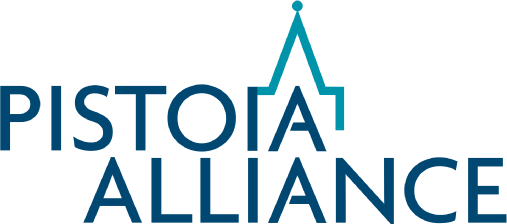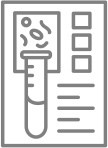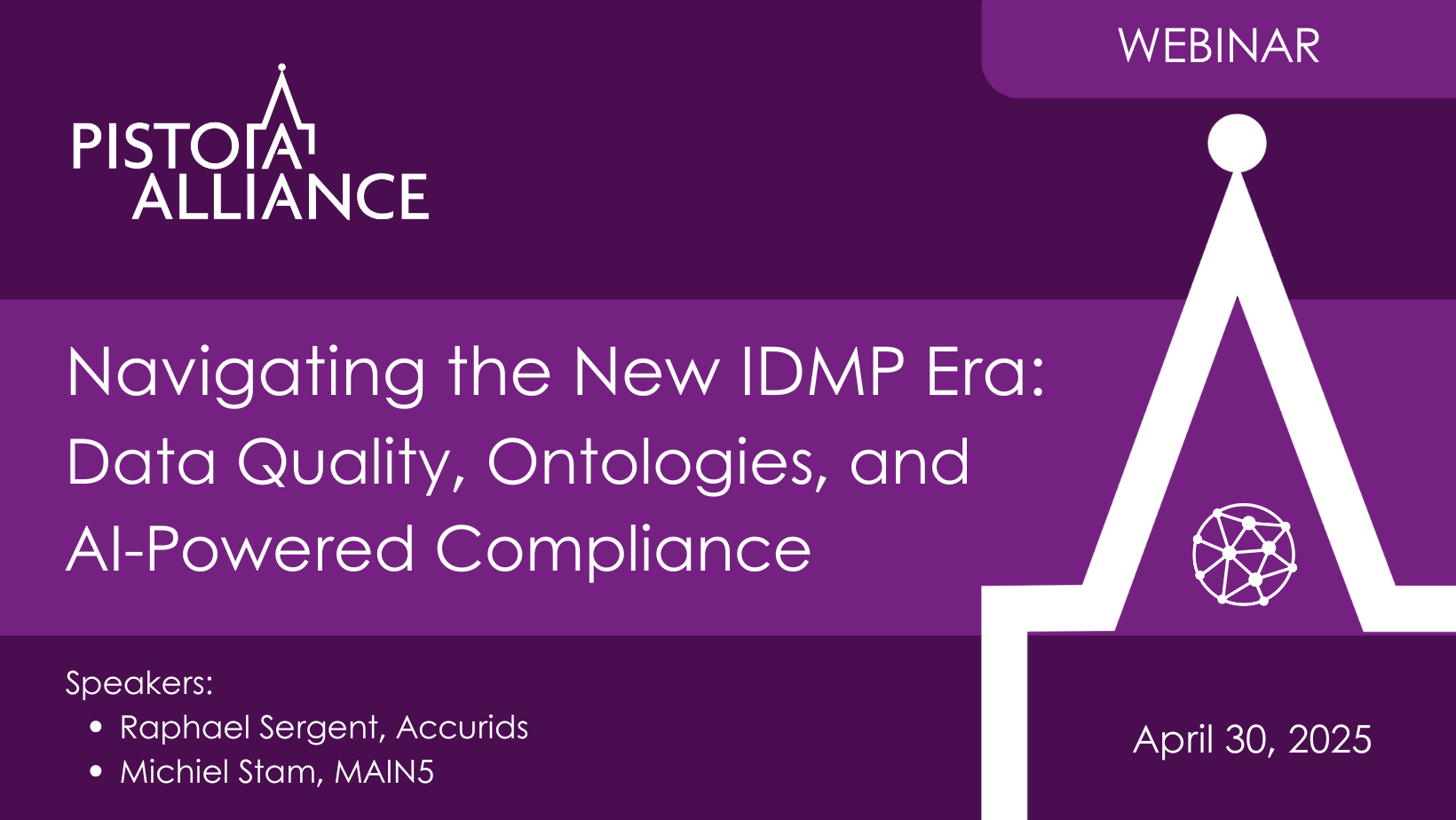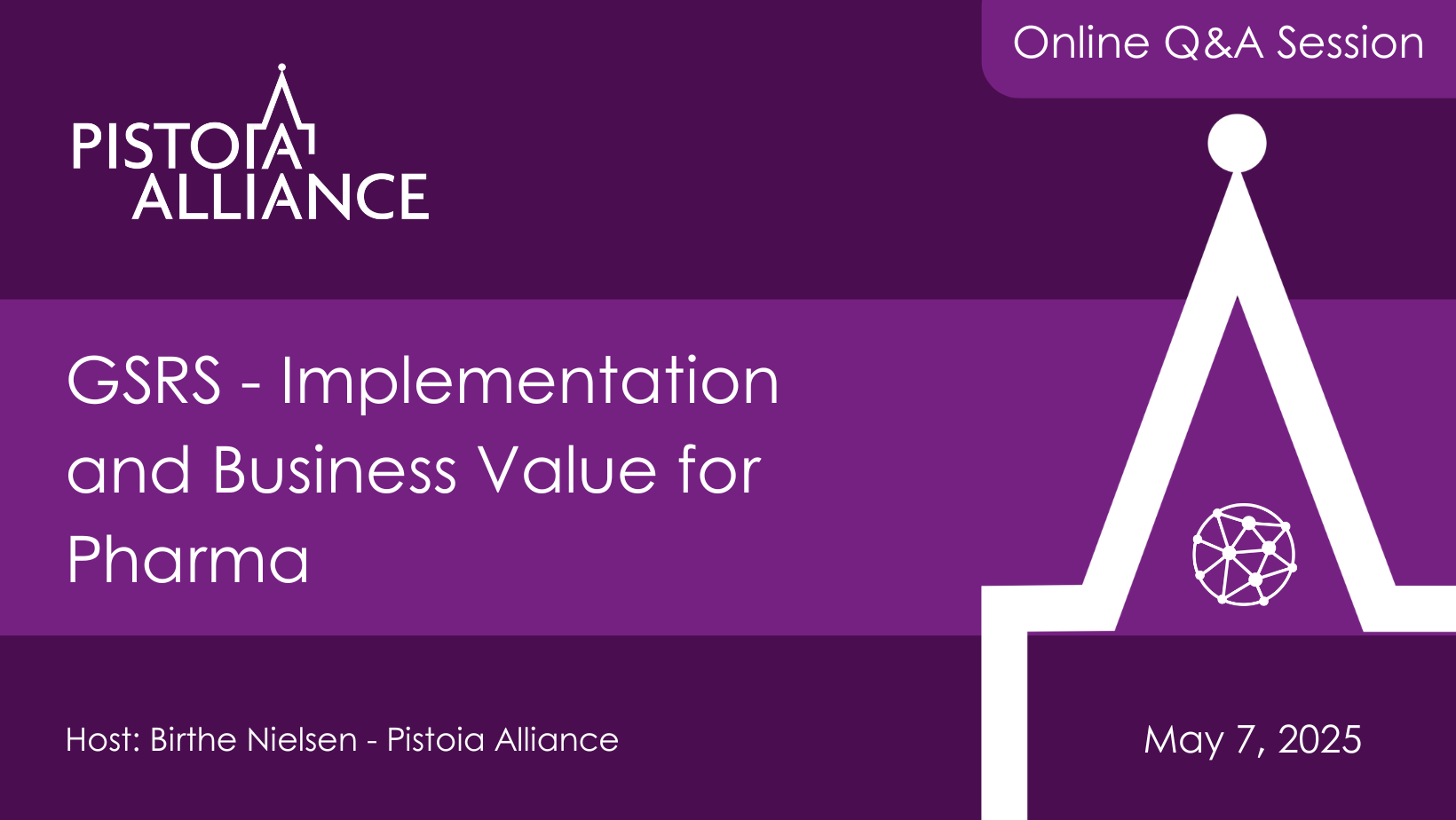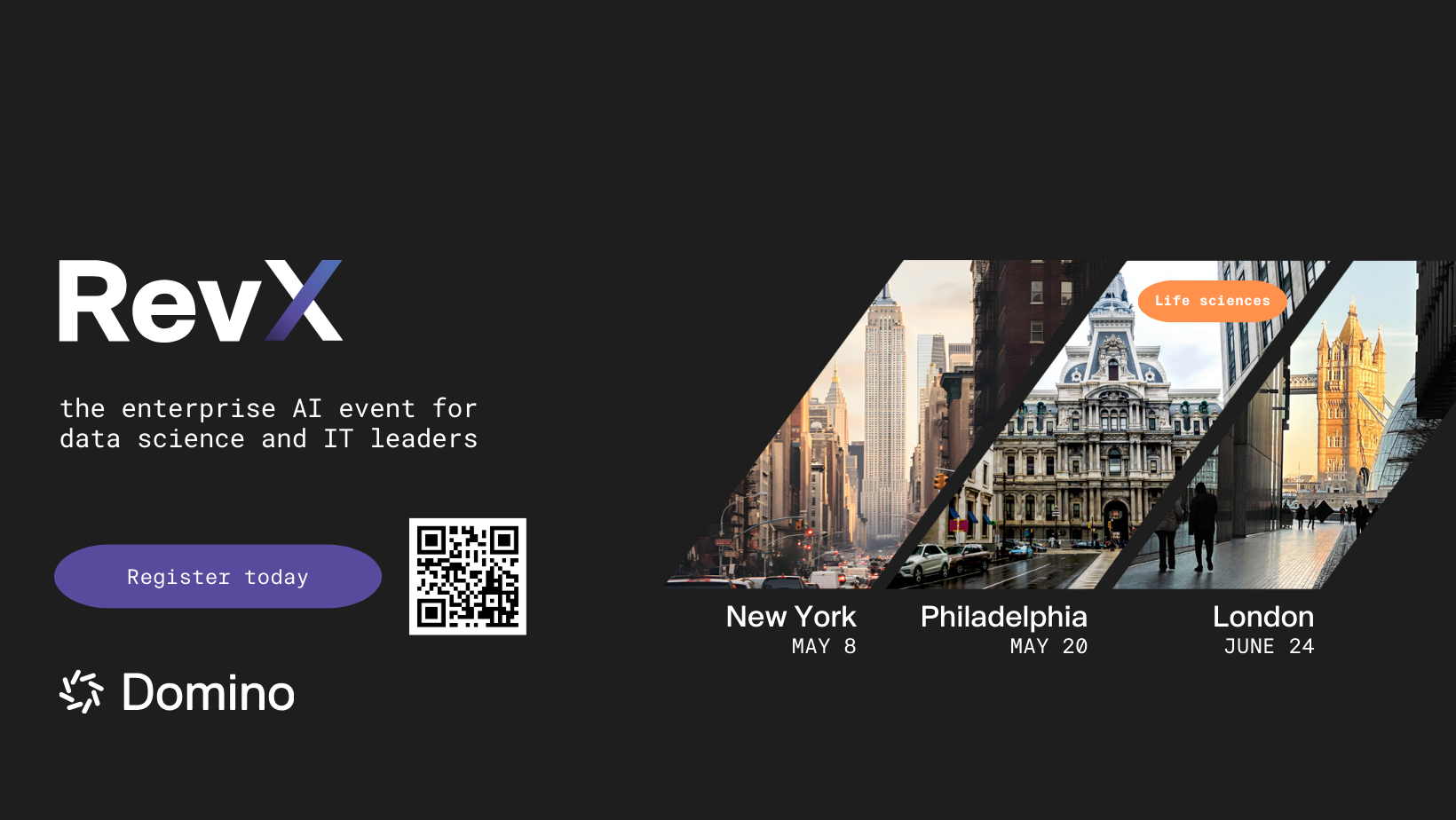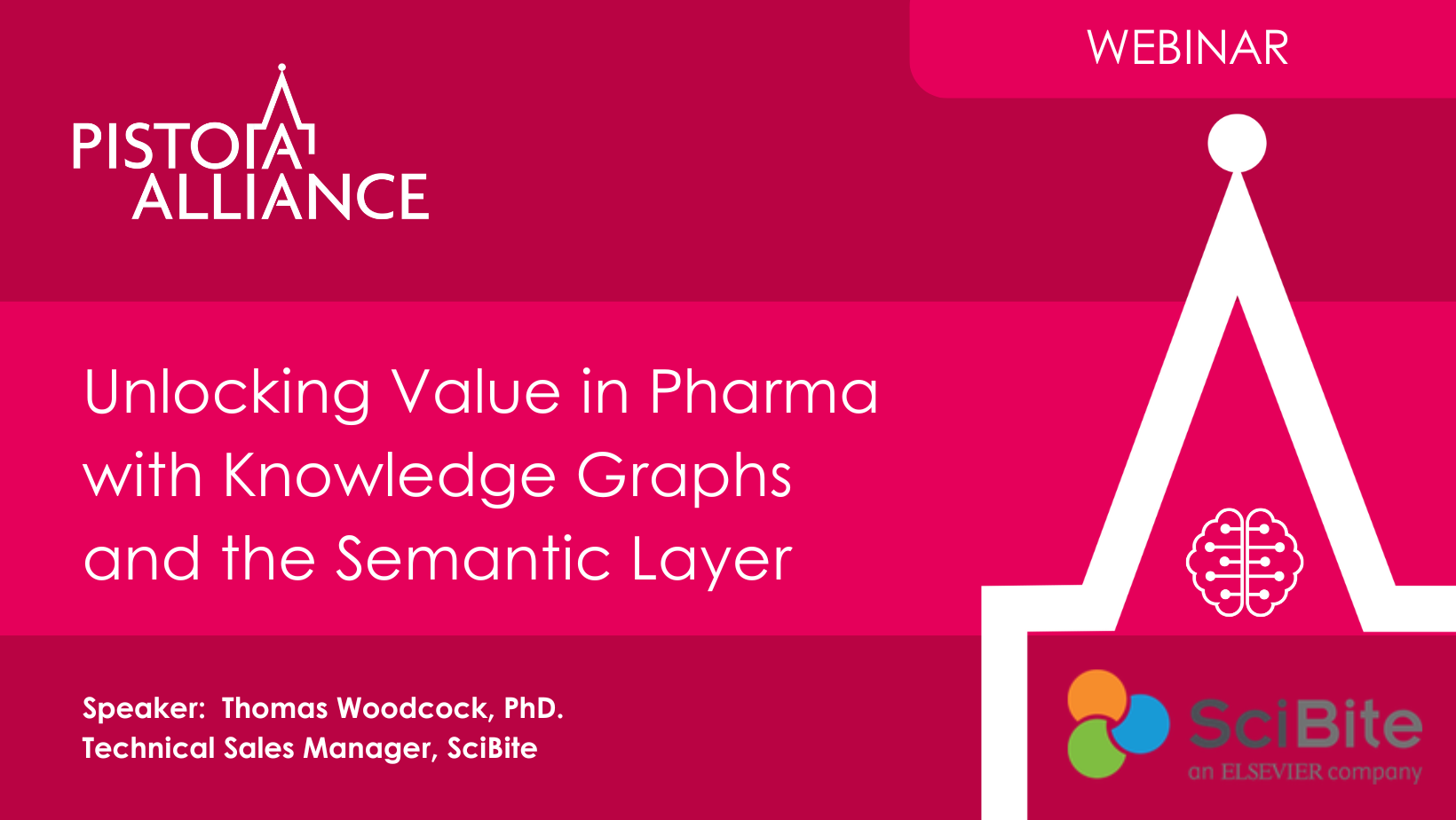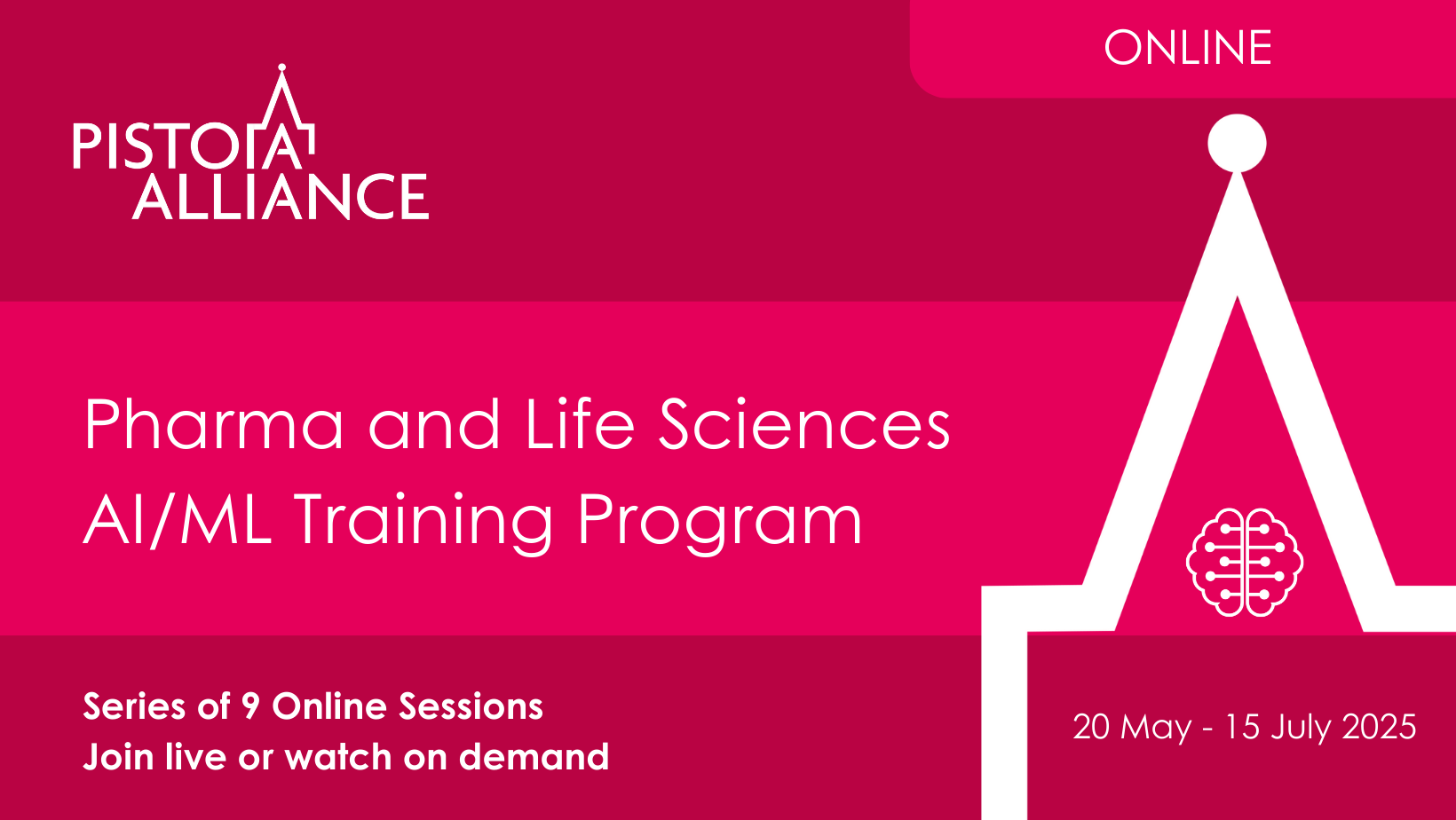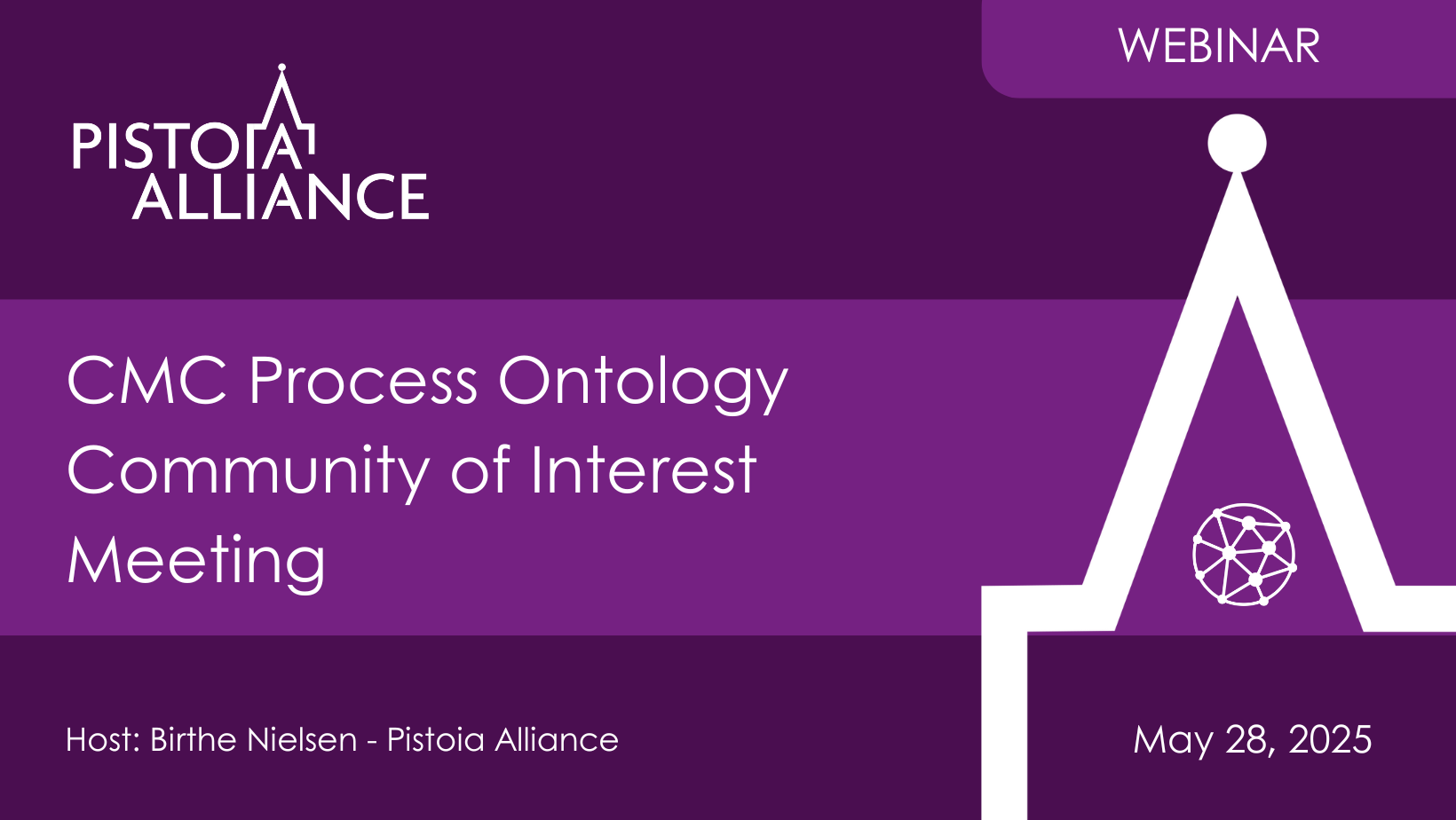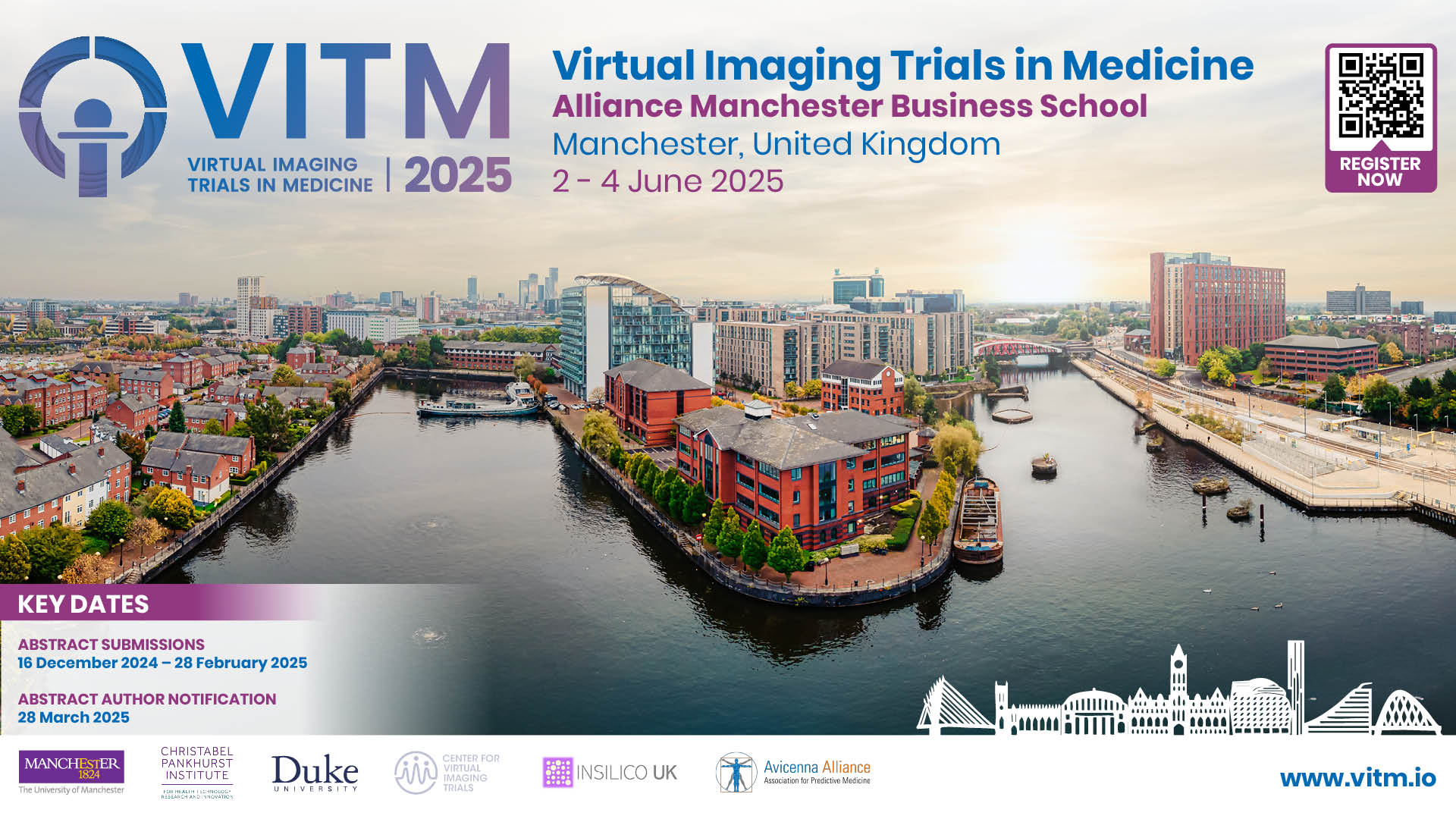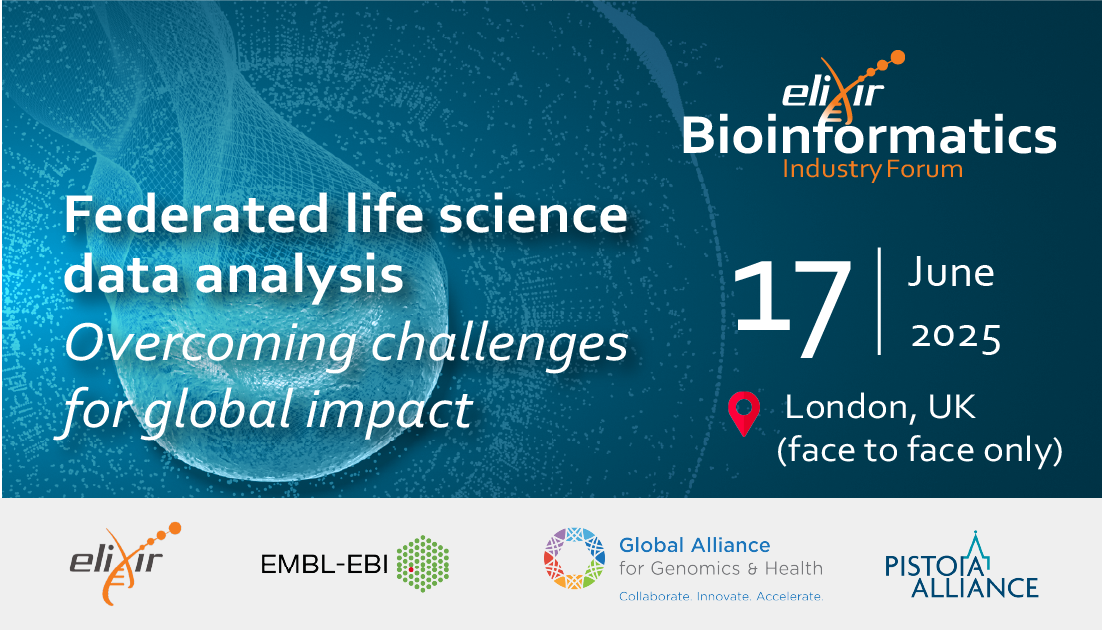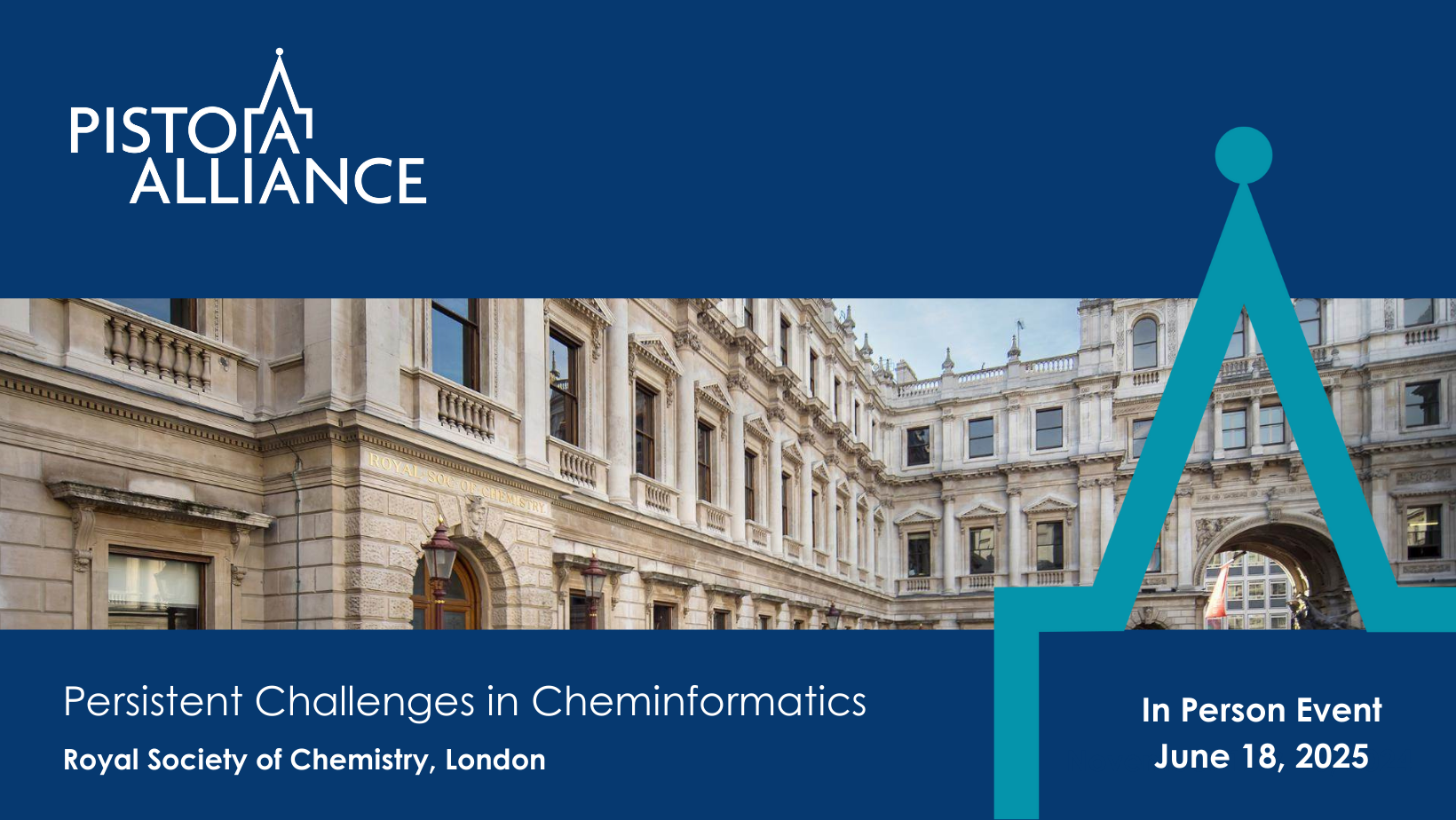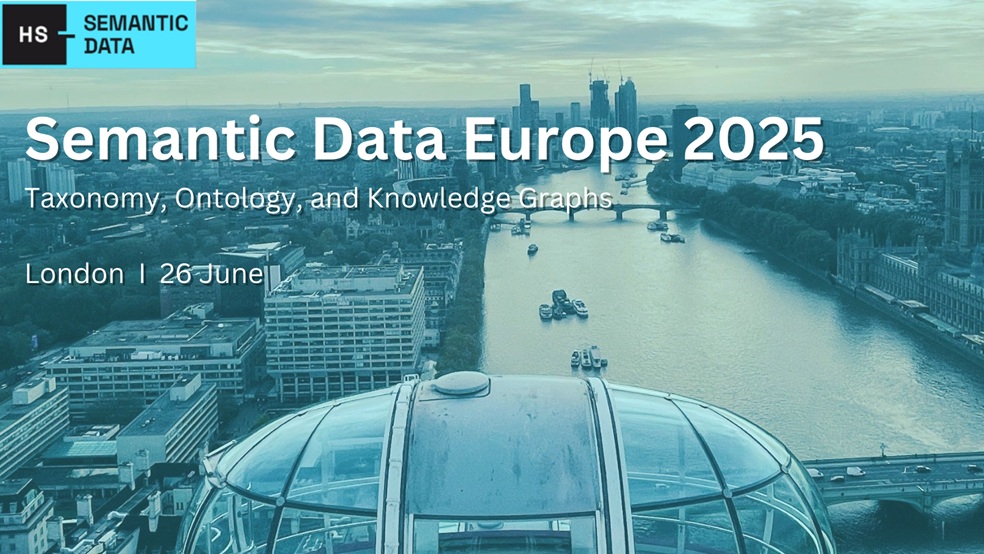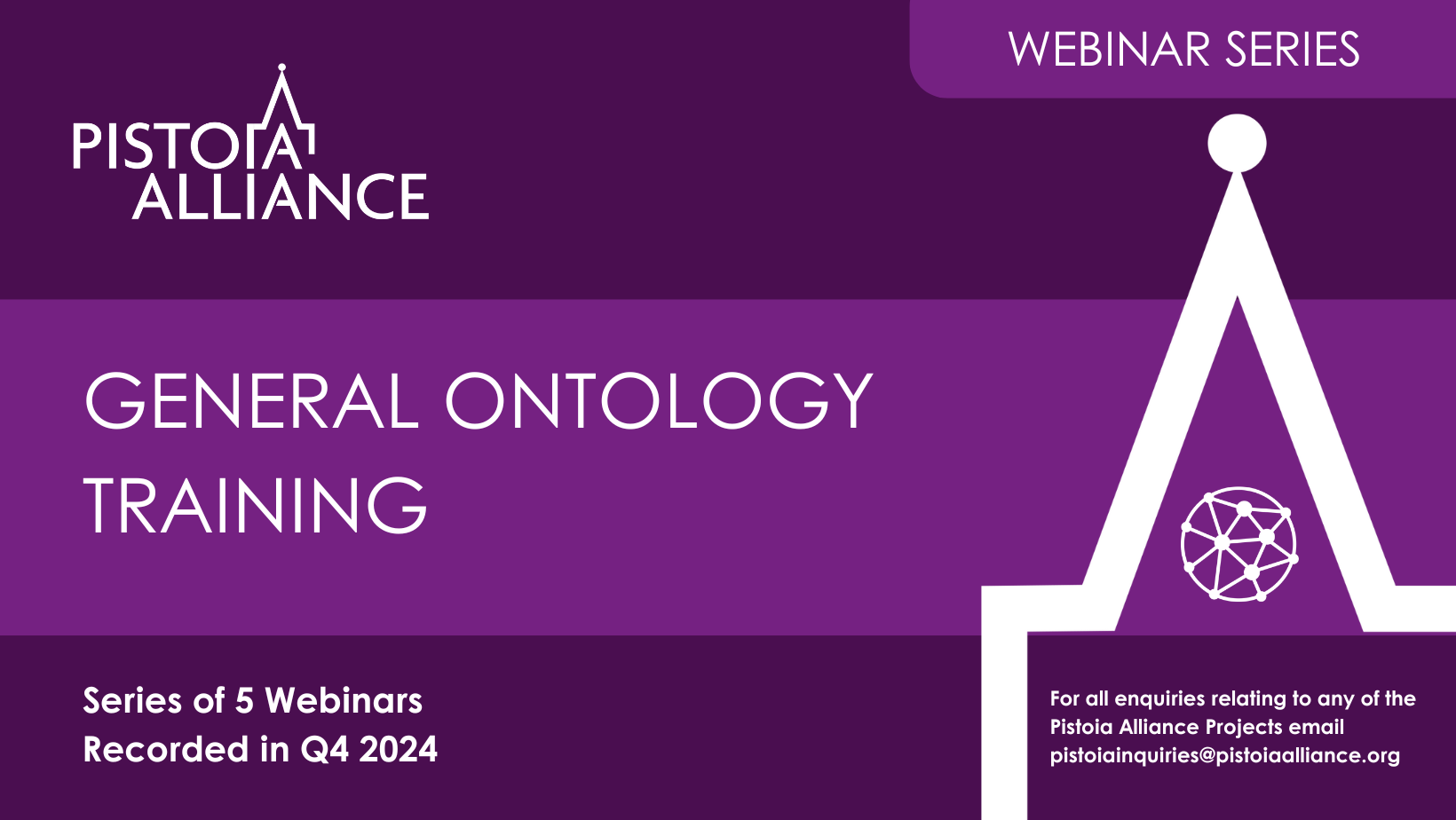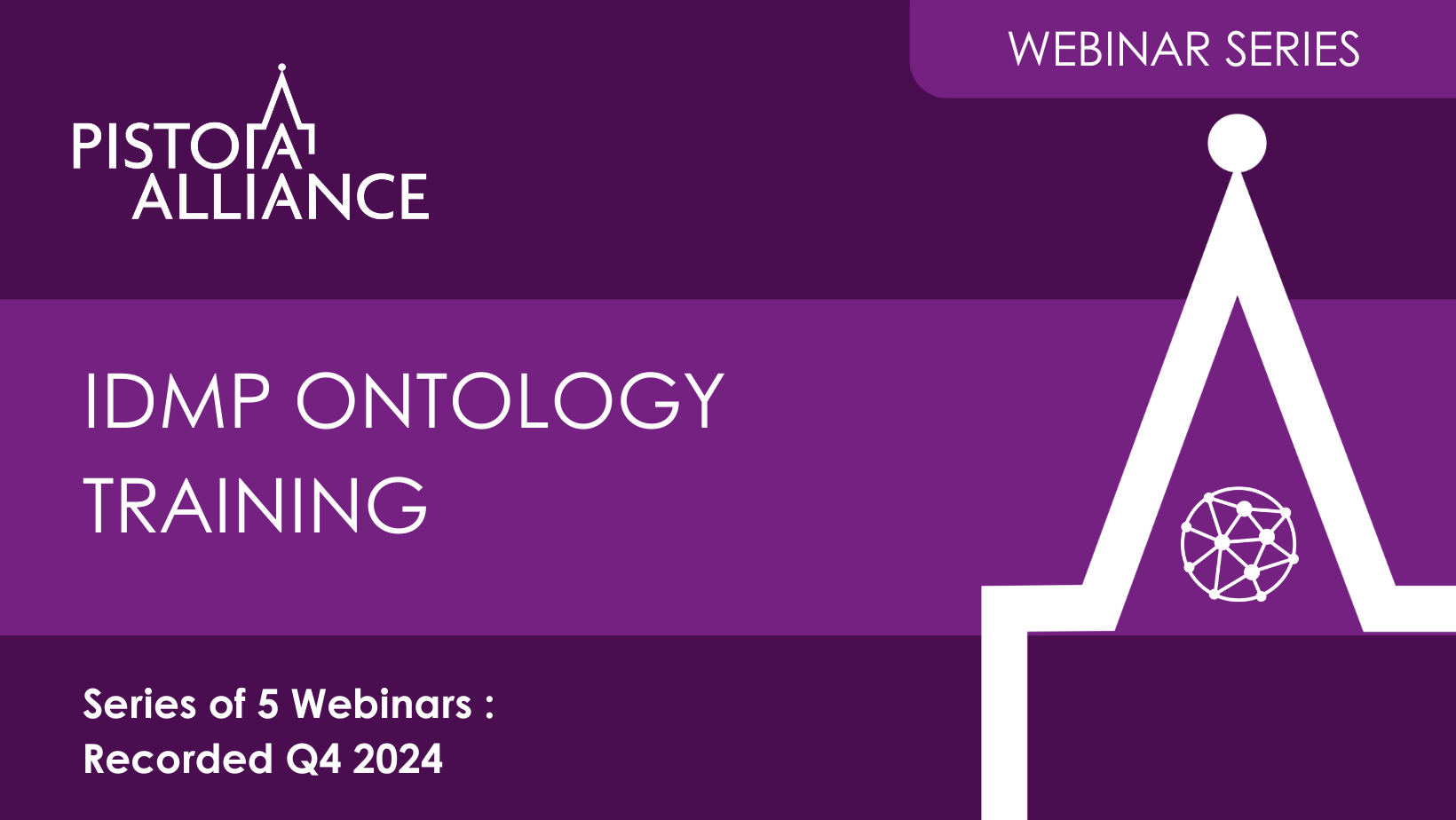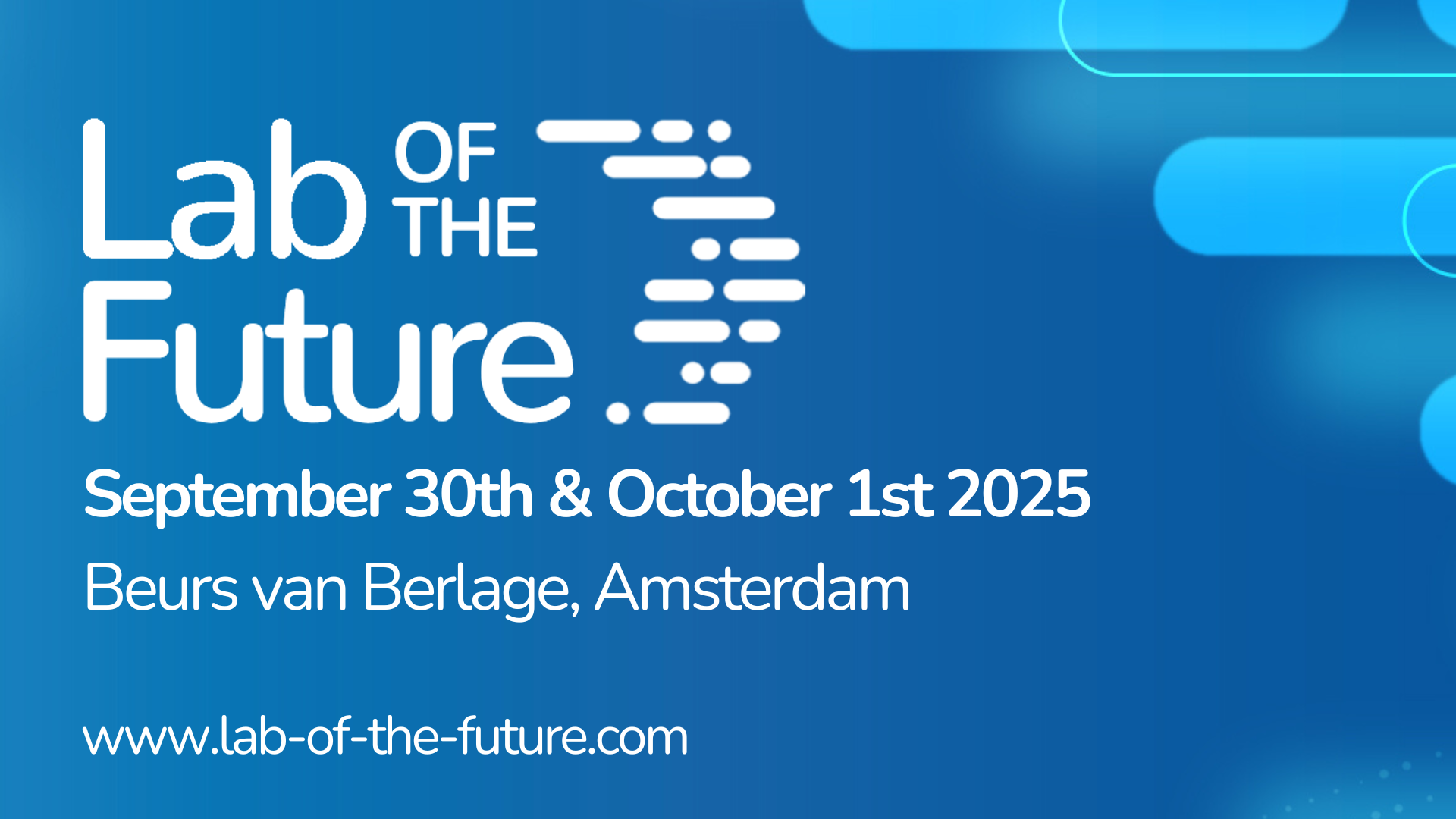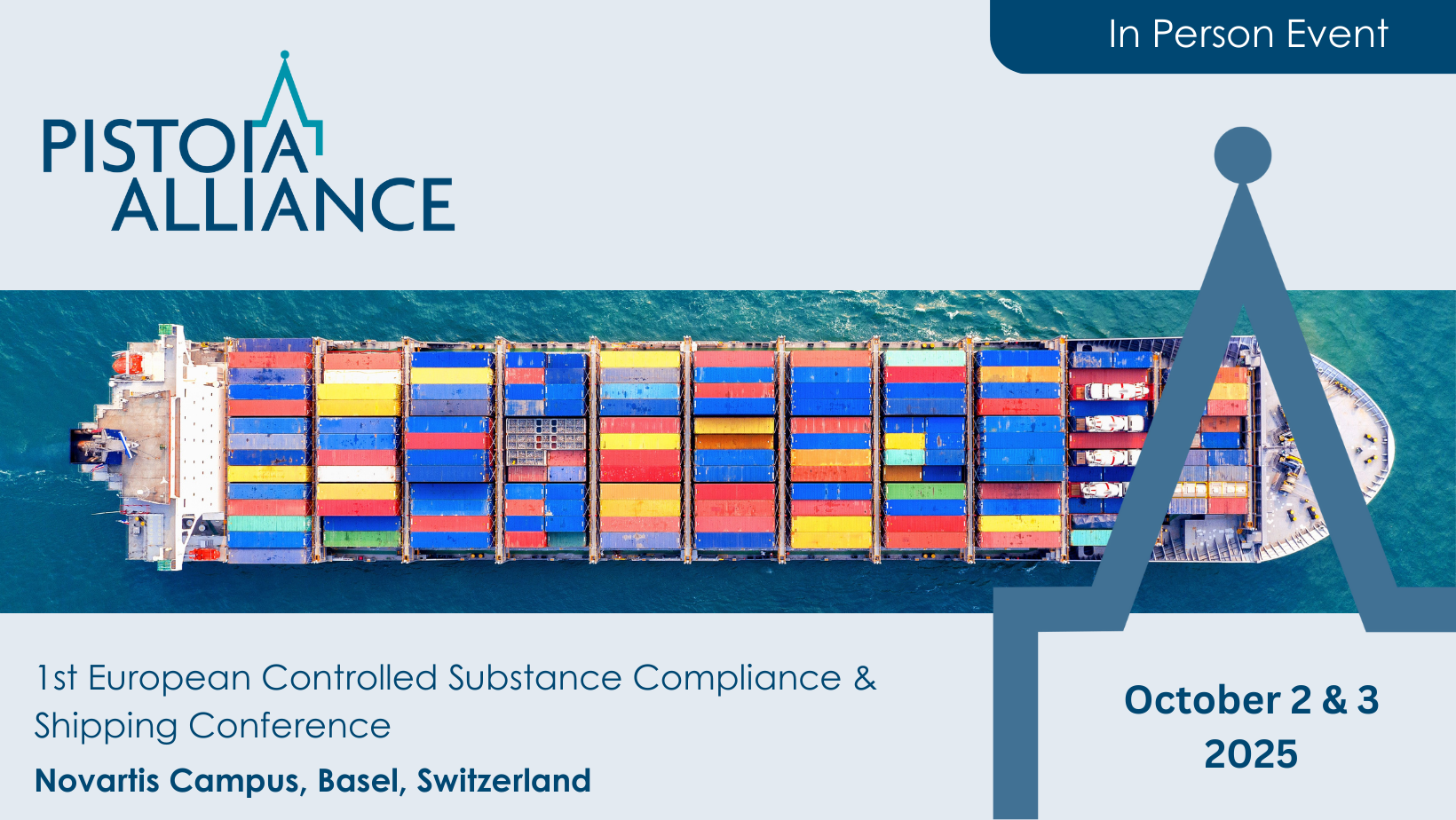This project enabled the digitization of analytical methods for seamless exchange between different High-Performance Liquid Chromatography (HPLC) systems and Chromatography Data Systems (CDS).
Overview
Pharmaceutical companies frequently share analytical methods internally and externally with CROs and third parties, typically using manual processes and proprietary software platforms. This project set out to solve the industry’s need for better methods exchange – addressing interoperability, reproducibility and efficiency challenges.
The project led the transformation of analytical methods into standardized, machine-readable instructions that can be stored centrally and shared across different Chromatographic Data Systems (CDS), vendors and models of High Performance Liquid Chromatography (HPLC) instruments. At the analytical labs of Merck Sharp & Dohme LLC in America and GSK in the UK, this methods exchange solution has been successfully proven to enable the effective digital transfer of HPLC information between different systems and global sites. The solution demonstrated its potential to enable greater flexibility, reproducibility and workflow efficiency.
Key milestones reached included:
- The delivery of a data model and ontology to standardize HPLC-UV methods parameters based on FAIR (Findable, Accessible, Interoperable and Reusable) principles. The Pistoia Alliance collaborated with the Allotrope Foundation, using the Allotrope Framework technology stack to standardize terminology across vendor systems to ensure interoperability.
- The delivery of ‘Methods Database’ with a public API specification and human readable method representation. Zontal provided the virtual cloud where method information is stored according to FAIR principles.
- The deliver of CDS adapters for two CDSs. The cloud-based adapters convert uploaded method instruction into a vendor-neutral format and make the data available for download, conversion, and execution on a different system.
- The successful digital method transfer across, instruments, CDSs and companies. Instrument instructions were successfully exported in a machine-readable format from one pharmaceutical company to another without any need for human transcription or manual keying.
- The visualization of chromatograms and analysis of result information
GSK, Merck, Orbis Lab Systems (now part of Astrix), Zontal and Agilent all provided support for the project.
The Pistoia Alliance achieved an industry first with its cloud-based collaborative tool enabling the instant transfer and overlaying of analytical methods and results data in a single platform and between different instrument hardware and software vendors. The proof of concept was successfully implemented at Merck Sharp & Dohme and GSK.
Reproducibility of results are critical for facilitating regulatory approvals and getting drugs to market and patients sooner. Yet instrument method sharing and results data management is still one of the biggest problems the pharmaceutical industry faces. The project played a role in supported the FDA’s commitment to standardizing the digital exchange of data related to Pharmaceutical Quality and Chemistry & Manufacturing Controls (PQ/CMC) to increase the efficiency of its submissions process.
